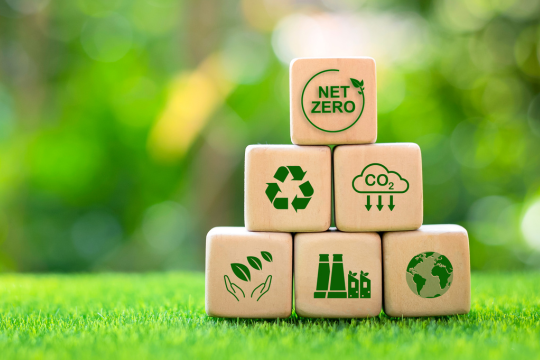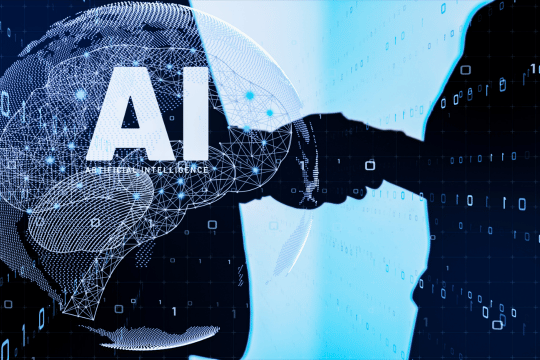Are you familiar with the 17 Sustainable Development Goals (SDGs)? In July 2015, 193 UN member states adopted the draft of an important agreement that involves the whole world: the 2030 Agenda for Sustainable Development.
The agreement follows the UN Millennium Development Goals (MDGs) and is intended to complete the goals for a sustainable and social economy, society and cooperation that have not yet been implemented. And in a participatory and realistic way! (3)
Overview of all development goals of the 2030 Agenda (3):

Allgoals are intended to contribute to global peace, prosperity and the protection of our planet. The Plan for the Future also has implications for us. After all, it is about enabling people all over the world to live in dignity and at the same time preserving natural resources in the long term. People should be able to live in a socially just world and enjoy a good education. The goals are an expression of a vision that is not only aimed at the governments of various countries. Rather, they also address the populations, the private sector and science globally. It is important to focus on the needs of the most vulnerable population groups and countries. After all, the goals can only be achieved by the set date of 2030 if no one is left behind in the development of solutions (1). In order to achieve this ambitious goal, business, ecology and science are now working hand in hand. This is the only way to use natural resources sparingly and promote sustainable agriculture, protect our planet's environment and reduce hunger and poverty.
Companies can make the world more sustainable
It is also becoming increasingly important for companies to achieve the UN Sustainable Development Goals in order to align their actions and strategy with sustainable development. Thanks to their diversity, the Global Goals offer many companies the opportunity to shape their economic co-responsibility in their own way, depending on their industry, business model and region. After all, not all 17 SDGs are equally important for all corporations and companies. And not every company can contribute to all sustainability goals. The UN Global Compact, on the other hand, sees the Global Goals as a guide for companies: They make it clear what external stakeholders - especially politicians - expect from sustainable business practices. (4) The SDGs make it easier to align corporate strategies with the needs of our society: they reveal potential for innovation and can help to open up new markets. Many entrepreneurs are already contributing - sometimes even unknowingly - to sustainable development and thus also to the SDGs. They do this, for example, by paying attention to the well-being and health of their employees (Goal 3), remunerating employees fairly and in a gender-neutral way (Goals 5, 8), being aware of the conditions under which their supply chains are managed (Goals 8, 12) or reducing their company's carbon footprint (Goal 13). Some of them give employees the time to become socially involved or actively support the common good in their community. (6)
The coronavirus pandemic has slowed the upward trend
Although the implementation of the SGDs has already shown positive effects, such as a reduction in child mortality or extreme poverty, there have been setbacks. The coronavirus pandemic has dramatically exacerbated the current situation and is even threatening progress - the number of people living in extreme poverty is currently on the rise again (2). This was revealed in the Sustainable Development Report 2021, published by the Sustainable Development Solutions Network in cooperation with the Bertelsmann Stiftung. However, this stocktaking also describes how the sustainability goals could influence global reconstruction after the pandemic.
Highly developed countries such as Finland, Sweden and Denmark are at the top of the SDG Index 2021, which keeps an eye on the achievement of the goals. However, it is also clear that, as things stand, no country will achieve all of the SDGs by 2030. The rich countries are still cushioning the most dramatic consequences of the pandemic. This is impossible for poor countries. A reform of the global financial system and debt relief for poor countries are needed to drive sustainable development forward again. And a lot still needs to be done here in Germany too. One of the most relevant construction sites is climate protection. (5)
With our work at Planted, we enable you as an entrepreneur or private individual to actively protect the climate. Our forest and supported climate protection projects therefore also go hand in hand with the 17 SDGs. Planting climate-stable mixed forests in Germany counteracts climate change and thus promotes, for example, goals number 13 and number 3 - the right to health and well-being. After all, the forest provides a habitat for numerous creatures and also serves as a recreational area for us humans. With its protective functions as a water reservoir, air filter and CO₂ reservoir, our plantations have an impact on other goals. And the climate protection projects also go hand in hand with the SDGs. Would you like to find out more about the positive impact that the climate protection projects we support have on the environment and society? Then read on here.
Sources:
- https://www.bundesregierung.de/breg-de/themen/nachhaltigkeitspolitik/nachhaltigkeitsziele-verstaendlich-erklaert-232174
- https://www.bmz.de/de/agenda-2030
- https://www.plan.de/sdg-nachhaltige-entwicklungsziele.html
- https://www.bertelsmann-stiftung.de/de/unsere-projekte/abgeschlossene-projekte/verantwortungsvolles-unternehmertum-und-soziale-innovationen/projektnachrichten/warum-sdgs-fuer-unternehmen-wichtig-sind
- https://www.bertelsmann-stiftung.de/de/unsere-projekte/sustainable-development-goals-index/projektnachrichten/corona-pandemie-bremst-nachhaltige-entwicklung-weltweit-aus
- https://www.17goalsmagazin.de/sdg-17-ziele-in-unternehmen/

.png)



